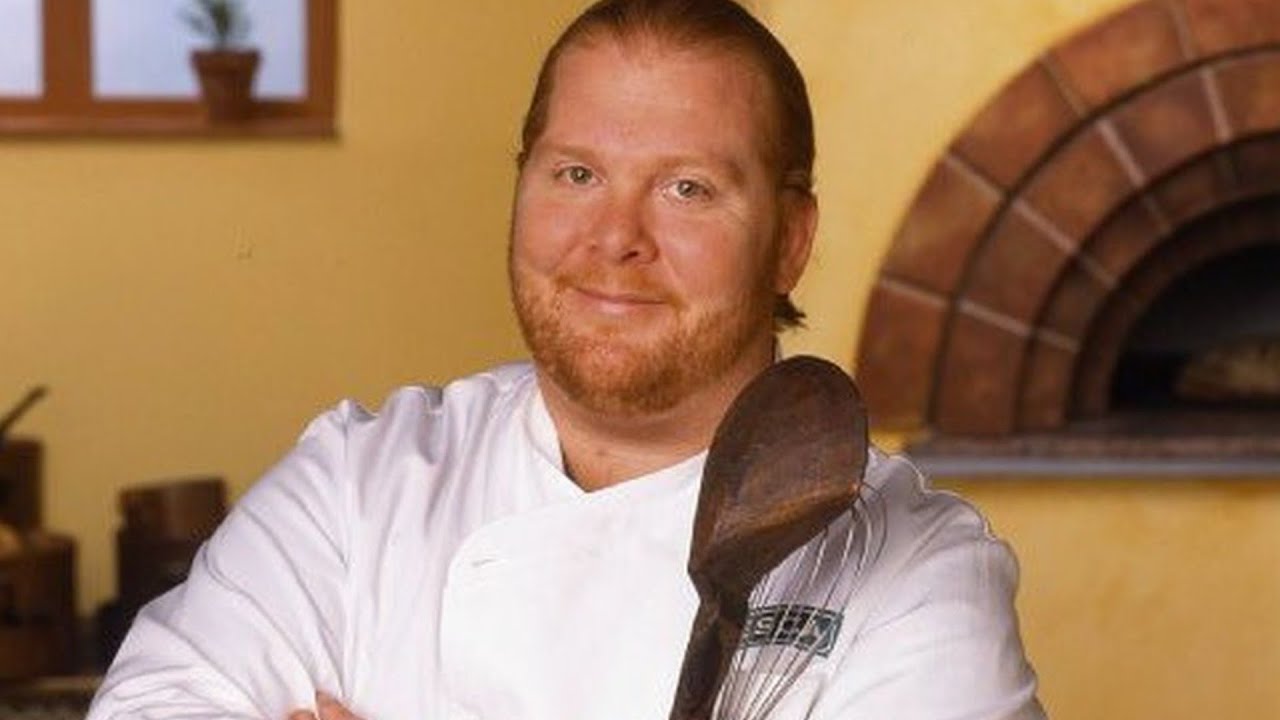
Chamberlains of London – Mario Batali once stood among the most recognizable names in the food industry. With his signature orange Crocs and fiery Italian flair, he dominated cooking shows like Food Network’s Molto Mario and Iron Chef America. Known for popularizing rustic Italian cuisine in the United States, his charisma and culinary skills built an empire that stretched from TV studios to high-end restaurants. However, everything changed when serious allegations surfaced, linking Batali to multiple instances of sexual misconduct. The once-revered chef faced a storm of criticism that quickly overshadowed his culinary contributions. As accusations mounted, Batali’s public image collapsed. This fall from grace has since become one of the most infamous in celebrity chef history, triggering discussions on workplace ethics and abuse within the hospitality industry. What happened to Mario Batali is not just a personal story but a cultural shift in accountability and power dynamics.
The controversy surrounding Mario Batali gained momentum when over eight women came forward with disturbing stories of harassment and unwanted advances. These women, many of whom worked in the restaurant or media industry, described similar patterns of behavior. Some incidents reportedly occurred at Batali’s own establishments, while others happened during industry events. The stories were collected and amplified through major media investigations, leading to public outrage. Mario Batali responded by stepping away from day-to-day operations of his businesses, but the damage had already taken hold. What was once admiration from fans and colleagues turned to concern and condemnation. Mario Batali’s name began to vanish from television schedules and restaurant signage alike. He became a prominent figure in the wider #MeToo movement, raising questions about how such behavior persisted unchecked in celebrated kitchens and elite culinary circles. The once-trusted chef became a symbol of how power could be misused behind the scenes.
“Read about: Alvin Leung Is Cooking Like a Mad Scientist And the World Can’t Get Enough”
As media coverage intensified, legal action followed. One of the most high-profile cases was brought to trial in Boston, where Mario Batali was accused of groping a woman during a selfie in a public bar. Surveillance footage and witness testimonies became central to the court proceedings. Though the court ultimately acquitted Batali, citing inconsistencies in the accuser’s statements, the public reaction was far from celebratory. Legal acquittal did not erase the stain left by numerous accusations. While the courtroom may have offered Mario Batali a technical win, the broader consequences of his actions had already reshaped his legacy. Brands distanced themselves, business partners cut ties, and fans began to question the values of the chefs they once admired. The courtroom battle highlighted how public perception can shift dramatically, even without a criminal conviction. In the case of Mario Batali, the judgment extended far beyond legal verdicts.
Before the allegations surfaced, Mario Batali oversaw a thriving network of restaurants across the globe. From Eataly to Babbo, his brand was synonymous with authentic Italian cooking and high culinary standards. But as stories of misconduct circulated, investors and partners withdrew support. Some restaurants closed entirely, while others rebranded to distance themselves from the controversy. Employees were left in limbo, uncertain about their futures as the brand’s reputation crumbled. Batali sold his shares in Batali & Bastianich Hospitality Group, officially severing ties with the empire he helped build. The collapse marked a dramatic end to decades of hard work and innovation in the kitchen. For many, it was a necessary reckoning within an industry often accused of turning a blind eye to toxic behavior. Batali’s empire did not just shrink—it imploded under the weight of its founder’s decisions. The downfall sent a powerful message across the hospitality world.
The scandal surrounding Mario Batali triggered industry-wide reflection. Chefs, restaurateurs, and culinary institutions began reassessing workplace policies and the power dynamics that enable misconduct. Training programs, ethical pledges, and hotline services were introduced across major kitchens and restaurant groups. The food industry, long viewed as hierarchical and high-pressure, found itself at a crossroads. Public trust had been shaken, and recovery required transparency and cultural change. The case also shifted how media platforms choose to spotlight celebrity chefs. In response to Batali’s fall, networks and publishers reviewed their vetting processes and content decisions more critically. Meanwhile, survivors of workplace abuse felt empowered to share their stories, further breaking the silence. Although Mario Batali remains a controversial figure, his case contributed to a broader movement toward accountability. The conversation no longer focuses solely on culinary talent, but on character and integrity behind the apron.